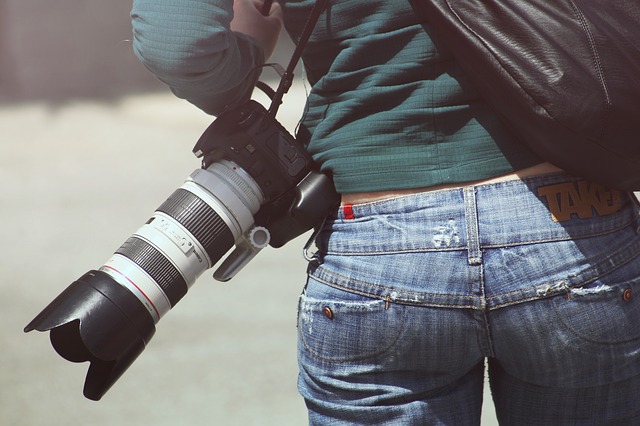Photographers are needed for a whole range of purposes, for the needs of corporations and individuals alike. If you’ve decided you want a career in photography, you’re going to need skills and experience above all else. To help you out, we have the following guide on how to get a career as a photographer.
Photographer: the role, responsibilities and skills needed
Salary range: £14,000 to £50,000
Average salary: £20,010
Some (of the many) types of photographer/specialism
- Fashion
- Corporate
- Wildlife/pet photography
- Fine art
- Micro photographer
- Family/baby photographer
- Advertising
- Editorial
- General practice – such as weddings and portraits
- Event: weddings, parties etc.
- Sports
- Photo journalist
- Food photographer
- Crime scene/forensic photographer
Qualification requirements**
- Non-essential: Degree or professional qualification
- Non-essential: Postgraduate course to specialise
Skills requirements and experience
- You’re likely to be working freelance and independently a lot of the time so make sure you’re comfortable and confident working by yourself
- Knowledge of cameras
- Knowledge of specialist photography equipment
- Teamwork
- The ability to get the most out of people
- The ability to use Lightroom and other photo editing software.
Job duties (varying depending on the agency
- Working with clients to determine what photos they need and how they want to use them
- Setting up location/environment with props, scenes and environments
- Setting up lighting and other technical equipment, including cameras, lenses and software
- Considering the composition and qualities of the photos you take
- Image editing
- Processing and printing photographs
- Creating finished products for sale such framed prints and albums
(This information was compiled using information from Payscale, the National Careers Service and Prospects)
How to get into web design
Degrees
A undergraduate or postgraduate degree in photography helps you acquire some practical skill needed for your career.
Portfolio and experience
Whether you choose the self-taught route, or a formal degree or qualification, you need to have experience in photography, and an impressive portfolio to back up your work.
For work experience, approach local photographers you admire, and ask if you can shadow them or volunteer and help. Hands-on experience is essential, so when you approach make it clear how enthusiastic you are and how ready you are to learn.
You need a portfolio that’s relevant to your specialist area, current and attractive. Make sure you showcase your portfolio in a hard copy, so you can take it with you to interviews and talk through the thought processes behind your decisions. It’s also having a digital version of your portfolio too, and host it online, so you can send potential employers links to your work.
*Salary information taken from www.payscale.com, from National Salary, without bonuses
**Information taken from nationalcareersservice.direct.gov.uk
Sources
https://nationalcareersservice.direct.gov.uk/job-profiles/photographer
https://www.prospects.ac.uk/job-profiles/photographer
